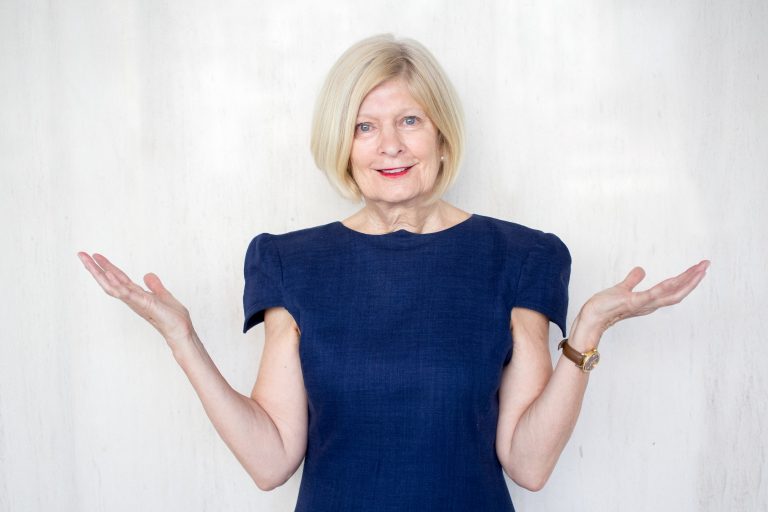Have you heard the recent hullabaloo over share market trades in US company GameStop? The GameStop story raises interesting questions about the state of investment markets and the future of investing.
Here is my brief overview of what happened…
GameStop is the largest retailer of computer games in the US. Like many retailers with physical stores, GameStop was fighting a losing battle against online competition. In this case, the online distribution of computer games. Many investors thought that GameStop would go the way of Blockbuster video stores. Wall Street hedge funds took this view and “short sold” the stock. Short selling is where the investor borrows a stock, then sells the stock, then buys the stock back at a later date to return to the lender. If the stock price has fallen over that time, the short seller makes a profit. However, if the stock goes up over that time, the investor still has to buy the stock before returning it to the lender. Therein lies the problem. In some circumstances, there is no limit to the amount of money the short seller can lose from the trade.
A group of small investors who share trading ideas in an online forum called Reddit decided that GameStock was a great buy (or more likely they planned to push the share price higher and force the short sellers to buy at an inflated price). Their buying of the stock pushed the company’s share price from $12 on 12th January to $483 on 28th January. Some estimates reported short sellers to be holding paper losses totalling $19 billion as of last Friday – ouch!
The GameStop saga emerged against a backdrop of ever increasing retail trading volumes, particularly in the US market. The average daily trading volume of us stocks was $7bn in 2019. So far in 2021 it has been $14.7bn.

From one angle GameStop feels like the little guy sticking it to the big end of town. From another, it feels more market manipulation by greedy investors taking investment advice from dubious sources like Reddit chat groups.
Either way, there’s a lot to ponder about the state of the US market. Retail investors with no experience are trading complex securities like options. Reddit groups discussing the best YOLO* trade. Hot stocks like Telsa shares are trading at crazy valuations. Telsa was the most traded company by retail investors in the US last year. The share price is 20 times what it was just 18 months ago. Not only is it the most valuable car company in the word, it’s worth more than the combined value of the net nine car manufacturers. Tesla sell less than 1% of the worlds cars. Hmm…something doesn’t feel quite right.
I rewatched the 2015 film The Big Short recently. Margot Robbie explains short selling from a bubble bath (really, you can google it). But seriously, it’s an excellent film about short selling and how the 2008 global financial crisis started. It makes me wonder what the sequel will be about?
*YOLO = You only live once. A YOLO trade = One make or break trade that will make you rich or lose the lot.


